
Woodrow Wilson, arguably one of America's worst presidents, had the road to the presidency paved for him by Theodore Roosevelt's egotistical third party run in the 1912 election.
Even constitutional purist icon Ron Paul has not endorsed a third party candidate this election season. That should tell you a little about the dire ineffectuality of third partyism at this fiscally and morally calamitous moment in America’s history.
To add insult to injury, what America is suffering from now is due to a century’s worth of policies, some of which took place because of a series of reckless lone ranger candidates attempting to show up “the lesser of two evils” with some mad hot principle.
I investigated this subject in a research paper for a political science class last year, and I have now uploaded it to Scribd for the purpose of embedding it here:
Odd Ones Out: Why Third Parties Don’t Fit in the American Political System
Here are some excerpts:
“…Two years before Washington made his farewell address, Senator John Taylor of Virginia observed that in time for the upcoming Fourth Congress (1795-1797), ideological polarization was already taking place:
‘The existence of two parties in Congress is apparent. The fact is disclosed almost upon every important question. Whether the subject be foreign or domestic – relative to war or peace – navigation or commerce – the magnetism of opposite views draws them wide as the poles asunder.’
…The primary reason why only two parties manage to hold power in America’s political system can be summed up in Duverger’s Law, which French sociologist Maurice Duverger hypothesized in 1951: ‘The single-ballot majority vote favors the dualism of parties.’
That is, in elections of single-member districts in which the winner takes all (which is the norm across the United States), competition will be tighter and likely come down to only two top contenders. This particularly complements the U.S. Constitution’s design for Congress, as well as the country’s expansiveness. If more than two parties held equal electoral clout in a country of now 50 states, potentially hundreds of parties could result. That might make for lots of entertaining debates, but not much could be accomplished…
…But ironically, trying to increase voters’ say in the matter with a third party actually weakens majority opinion instead of strengthening it. More than being a ‘wasted vote,’ a vote for a third party candidate is actually an indirect vote for one of the candidates from the two major parties, however fallacious it might sound to a principled third-partier.
Political scientist Leon P. Baradat explains in one of his college textbooks that in the two-party system, a hypothetical election might result in 41% of the vote for candidate A, 39% of the vote for candidate B, and 20% for candidate C. Because plurality is needed to win in a single-member district that is a fundamental aspect of the two-party system, candidate A will win a seat of government authority with just 41% of the vote, despite the fact that 59% of voters did not vote for that candidate.
This happened in the election of 1912, in which 50% of the vote was split between Bull Moose candidate Theodore Roosevelt and Republican incumbent William Howard Taft, allowing Democratic candidate Woodrow Wilson to swoop by to the White House with just 41.8% plus a chance to score a whopping 435 electoral votes.
This happened again in 1992, when Democratic candidate Bill Clinton won the presidency with just 43% of the vote, thanks to 56.3% of the vote getting split between Reform Party candidate Ross Perot and Republican incumbent George H.W. Bush.
Thus, attempting to improve a two-party system by adding a third party is rather like trying to improve a bicycle by adding a third wheel. Such an addition will not be effective because it is contrary to the entire design of the structure. But there is nothing wrong with refilling or changing the tires periodically.
As I have observed in previous articles, a potential example of this sort of improvement can be found in the Tea Party movement, which played an influential role in the 2010 midterm elections, and has even gained official recognition in Congress through the Tea Party Caucus founded by Representative Michele Bachmann (R-MN).”
Also of interest: The Tea Party: An independent third party in the works?

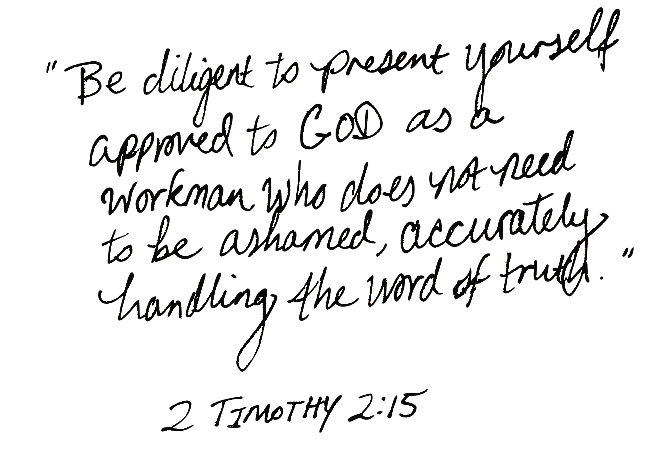


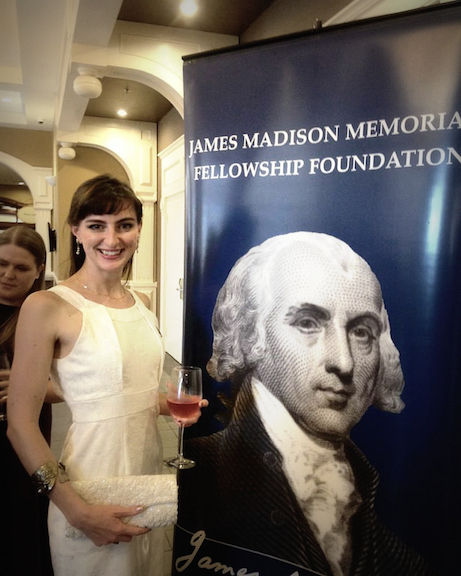
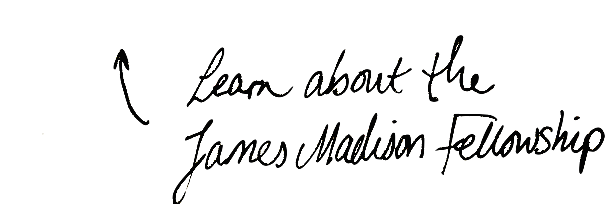


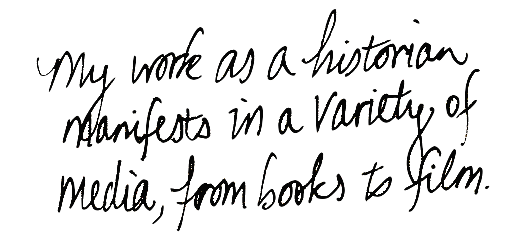

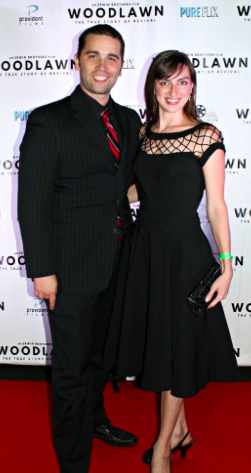



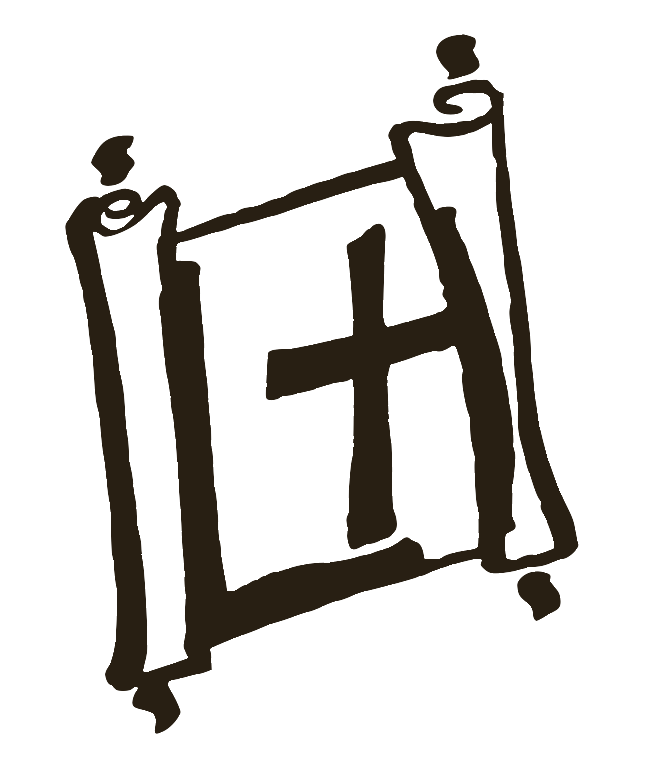

Hi. I’m the Anarchist that Grace recommended your columns to a good while back. I’ve been following your writing since then, but haven’t felt like I really had anything constructive to contribute in comments until now.
A few points:
1. You’re spot-on in arguing that the current system ensures a two-party system, and in arguing that a third party must supplant an established party, returning the system to a two-party system as the previously established party dissolves or is marginalized, if it is to be successful in a conventional way.
2. I’d argue that the two-party system, instead of being the design of the Founders, is actually their only real “mistake” (that is, a result they weren’t aiming for as they wrote, ratified and amended the Constitution) in the Constitution. A truly two-party system – that is, a system mechanically set up to make third parties unviable – had never existed before, but the multi-party parliamentary system was alive and well in Britain. I think there’s a good case that the Founders were reacting against the multi-party system and attempting to create a zero-party system; this explains their innovation in allowing the vote for a person rather than a party. (Clearly, this was not the first time executives were elected in person – early Germanic kings were often elected – but this was a new way of doing democratic republican elections.)
3. The idea that the Tea Party (and perhaps, on the left, Occupy?) represents a viable alternative to third parties needs more support. When dissenting voters aren’t willing to actually walk away from a party and take their votes with them then party leadership is able to hijack their originally grass-roots movement. Both the Tea Party and Occupy have gone through this process; both have had their originally sharp focus on single issues split into multiple generally conservative or progressive issues until they are almost indistinguishable from the party they were originally dissatisfied with enough to form a distinct movement in the first place.
4. I think it’s especially important to point out that your paper only addressed succes for third parties in terms of conventional standards for success; that is, “can a third party win elections?” A good number of third parties, though, don’t particularly care about which party “jersey” is worn by those elected so much as they want their policy to be enacted. They are more interested in principles than most party voters, and less interested in party. Often it only takes one election in which a third party is costing one or both parties votes for one or both parties to adopt and incorporate the third party’s policies into their platforms, which can be seen as the third party accomplishing its goal.
5. We can actually see how (in the admittedly inexact laboratory that is history) an actual third party seems to accomplish this more effectively than an intra-party movement. Ross Perot’s third party run in 1992 drew enough votes for Bush away that it is at least arguable that Perot cost Bush the election. In 1996, both parties included deficit reduction – Perot’s major plank in his ’92 platform – in their platforms, drastically reducing Perot’s votes in ’96. Following the ’96 election, though, the budget was balanced for a few years, the first time in decades. In contrast, the Tea Party hasn’t had anything like that success in even lowering the deficit, let alone balancing the budget. Now, admittedly, the economy was doing well in the late ’90s, but the economy has done well at other times (the ’80s or the early ’90s might be good examples) when no effort was exerted towards balancing the budget. In contrast, the Tea Party has had elected some new politicians, run others out of office and formed a caucus… but had precious little impact on actual *policy.* If you want actual policies to change, it’s a good idea to hit the parties where it hurts: the voting booth. Demonstrating the political will to damage a party that won’t listen is the most effective way to get that party – and the other party – to listen.
6. It’s important to analyze *why* third parties haven’t been able to effectively dislodge main parties in the past; that is, why haven’t more parties switched in and out of the two dominant positions in the political system? One major strategic issue, in my opinion, of third parties has been the general failure of third parties to cobble together effective coalitions of different demographic groups. Democrats and Republicans don’t so much stand for any one idea (as much as they like to say they do) as they stand for multiple policies beneficial, or at least desired, by multiple groups. The Republicans represent the economic establishment/big business class, social conservatives and foreign policy hawks, a coalition that made the ’80s Republican revival possible, while the Democrat’s coalition of minorities, unions and the intelligentsia dates back to FDR. In contrast, third parties usually either have no defined demographic that they represent, or, with more successful parties, have one demographic that they represent. One demographic may be enough to lose an election, but it’s not enough to win most elections. If third parties want to be viable, they need to start poaching other parties’ demographics.
7. We’ve got a situation now where we seem to be at least approaching a scenario close to what you described as the only chance third parties have of unhorsing a main party. Both parties look increasingly similar and the GOP’s rule twisting around the issue of Ron Paul delegates at its convention shows potential for schism within the party.
8. Another important reason why third parties aren’t as successful, though, is not just that the system as written in the Constitution creates a two-party system but that the system, as run, tamps down third parties. It is difficult for third parties to get on ballots and the media ignores them, creating self-fulfilling prophecies about their irrelevance.
9. Perhaps I’m just more open to this kind of question because I’m an Anarchist, but it seems to me that:
-If the system, both as written and especially as practiced, discourages third parties
-If the lack of third parties allows the main parties to over-simplify and over-politicize most of the issues, since they don’t need to worry about a third party calling them on their “malarkey” and presenting intelligent, reasonable alternatives; that is, if the two party system, as operating today, is actually harmful to the political process and to the US
-If the Founders were actually trying to create a zero-party system, not a two-party system, but failed in what is probably their only real mistake or miscalculation in the Constitution
-And if numerous alternate democratic systems exist that have been tested
Wouldn’t it be a good idea to, at the very least, consider reforming the current system? Theoretically, we wouldn’t need to do anything as drastic as switching to direct democracy or even the parliamentary system; simply adopting preferential elections would provide a mechanism for third parties to smoothly replace older parties whenever they disenchanted voters.
Hello Christopher,
Thank you for this thoughtful and detailed comment. I look forward to reading it thoroughly in the days to come. This is an interesting and important subject!
~ Amanda